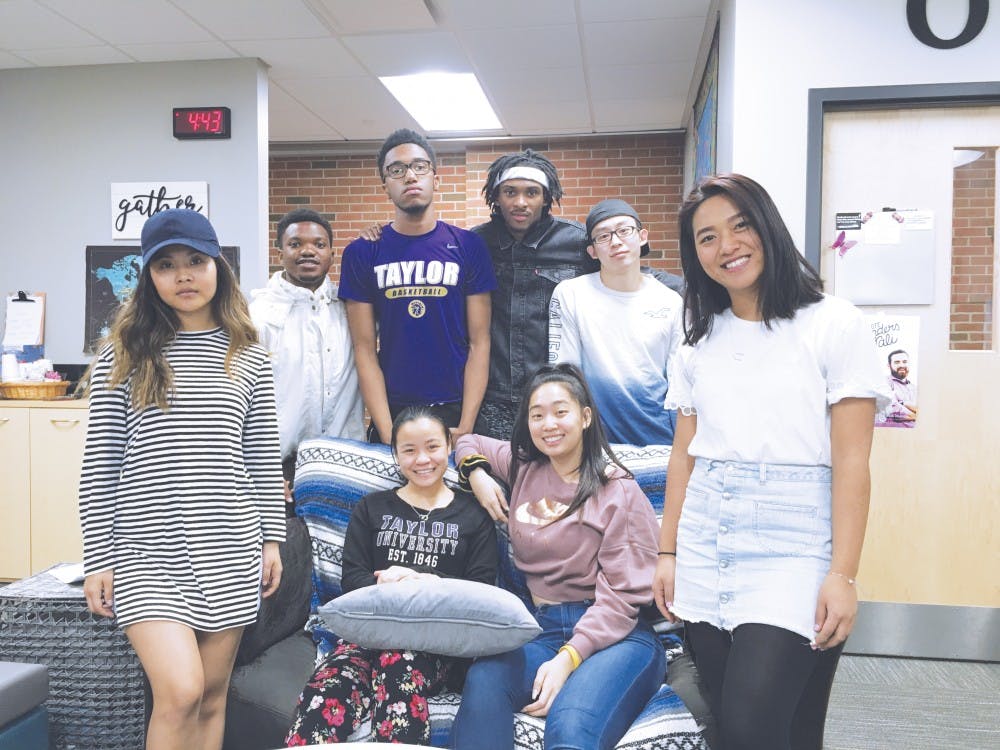Ela Alvarado | Contributor
Burmese students seek to educate Taylor about their culture with a new organization.
Students from Myanmar, a country in Southeast Asia, find themselves a minority at Taylor. The Burmese community on campus wants to bring a piece of their culture to the student body, so they have taken the first steps toward having their own organization.
With 10 Burmese students on campus, they could be mistaken for another group of international students from Asia. However, their identity goes beyond what is seen.
In November of last year, Charlie Brainer, associate dean of international programs, held a Burmese appreciation event where faculty had the opportunity to interact and learn from students with a Burmese background. Students shared their stories, connected with faculty and enjoyed the familiarity of a culture they grew up with.
Though helpful for the students' recognition at Taylor, some of them knew there was still more to be done.
According to Public Radio International, the Burmese comprise the biggest group of refugees in the United States in the last decade. More than 117,000 Burmese refugees were resettled in the United States between 2008 and 2014, Indiana being one of the top three states with the most Burmese refugees, according to the Centers for Disease Control and Prevention.
In a predominantly Buddhist Myanmar, many Burmese Christians were forced to flee the oppression of their own country. According to the Washington Post, starting August of 2017, Myanmar's military terrorized the Rohingya Muslim minority, unleashing a rampage of persecution and fear.
"I want them known and I want them supported," Brainer said.
They are not just another group of international students; they are a group of refugees resettled who seek to be known.
Sophomore Prisilla Sui, a Burmese student at Taylor, wants the Burmese community to be seen. She said she wants to tell this story of resilience and let the student body know they exist.
"I feel like the Burmese students are a minority within the minority here and it'd be nice for Taylor to know our experiences, where we come from and our different ethnicities that shape who we are," Sui said.
The Burmese culture speaks volumes of its diversity. Although these students come from the same country, their unique backgrounds give them completely different perspectives. Each ethnicity has its own dialect, traditions and overall experiences.
With this organization, however, they can come together as one and form a community.
Sui's vision for the organization is for it to become a subcategory of the Asian Society for Intercultural Awareness under the name of Myanmar Student Association (MSA). Having a day where Burmese prospective students come to visit Taylor to assure them that they are not alone is just one of the events that Sui has in mind for the future of MSA.
"I think this organization will unify the Taylor Burmese students as a place where we can all come together and be understanding of who we are and not forget where we came from," freshman Nay Mi Chele-Rhengboi said.
Once the new president of ASIA is elected and the plans for MSA are solidified, a new organization will portray the identity of the Burmese community.





